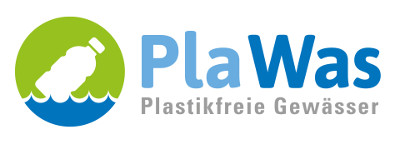 “Maintaining biodiversity and providing diverse and dynamic oceans and seas which are clean, healthy and productive.” The ultimate aim quoted from the EU’s Marine Strategy Framework Directive is valid not only for the oceans, but for all natural waters.
“Maintaining biodiversity and providing diverse and dynamic oceans and seas which are clean, healthy and productive.” The ultimate aim quoted from the EU’s Marine Strategy Framework Directive is valid not only for the oceans, but for all natural waters.
The main sources for the contamination of waters with (micro)plastics are known. Protecting our waters from pollution with (micro)plastics should start at the point of entry. In today’s highly technological world, innovative technologies are required in order to eliminate waste from the water cycle as early as possible after it is generated, as the principle of avoidance is only partially applicable. At best, the elimination of the plastic particles leads to their exploitation.
In close coordination with already existing findings from science, the economic sector and local authorities, the network develops efficient technologies for an effective elimination of plastic waste from waters. The purpose of the network is to develop effective, that is selective and efficient elimination processes, avoiding plastic contamination of waters at the place of origin. Furthermore, the networks aims to explore and develop technologies to clean polluted waters.
The network assumes that instruments like wastewater regulations and particularly the Waste Water Levy Act will be extended in the area of threshold values, adding plastics as pollutants relevant for revenue collection. This economic instrument would have the indirect effect of fostering the cleaning of wastewater streams and pushing innovations in this respect.
